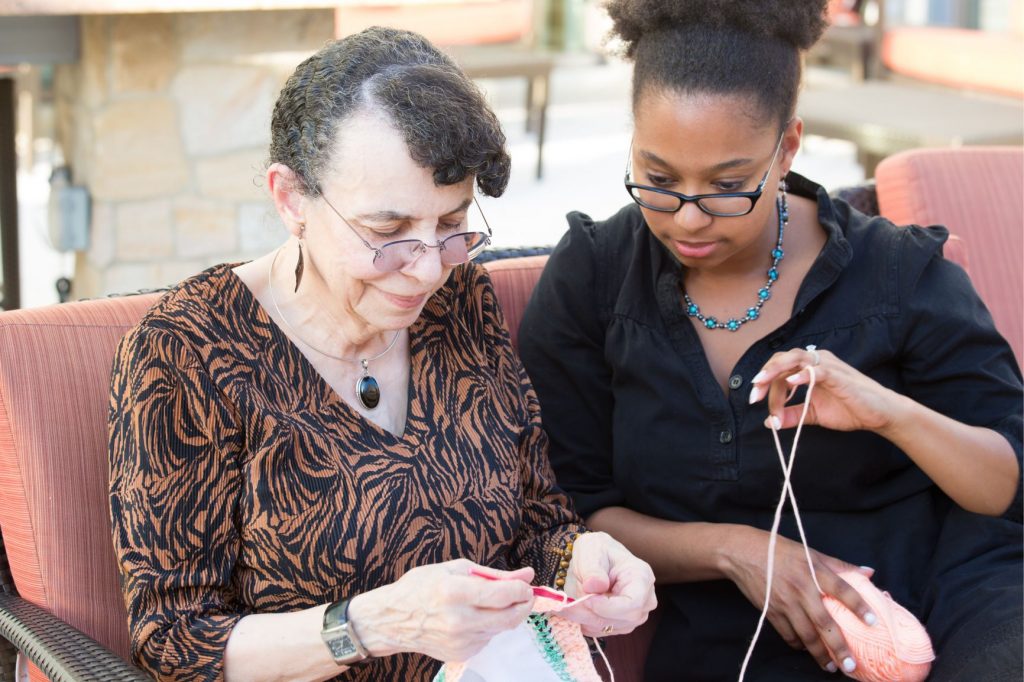Advance Directives

Advance Directives ensure that your wishes about treatment will be followed if you cannot decide for yourself.
Sometimes illness or injury happens suddenly, and people don’t get the opportunity to talk to a doctor and decide about treatment for themselves. If they haven’t appointed a health care proxy or decision-maker before falling ill, the Family Health Care Decisions Act gives the authority to a “surrogate.” The surrogate is usually a family member or close friend who makes health care decisions, most times without fully knowing what those wishes are. This is why you want to have these discussions with your loved ones as early as possible.
Many types of Advance Directive documents exist:
- A Health Care Proxy is a written document that allows you to choose a designated person to make medical decisions on your behalf when your doctor determines you are unable to do so for yourself.
- Living Will is a document that contains your health care wishes and is addressed to unnamed family, friends, hospitals, and other healthcare facilities. It allows you to express your health care wishes if your doctor determines you can no longer make medical decisions for yourself.
- Do Not Resuscitate (DNR) order is a written document that tells medical professionals not to perform CPR if your breathing or heartbeat stops. Doctors issue DNR orders.
- Halachic Pathway assures that a patient’s family and chosen rabbinic advisor (or Posek) can be included in the medical decision-making process.
If you have not yet filled out any of these forms and would like to, ask your RN Case Manager. They will be able to provide you with the forms and will also be able to assist you in filling them out.
Learn more about advance directive options available for you and your loved ones.